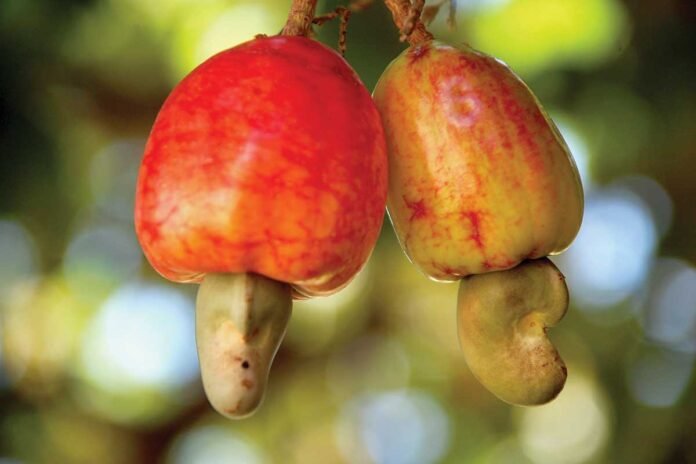In exciting news, the famous Goan cashew has clinched a Geographical Indication (GI) tag. This special recognition certifies that Goan cashew is a unique product originating from a specific area, setting it apart in the global market. This tag signifies authenticity and tradition.
Why the GI Tag Matters
- It helps differentiate real Goan cashews from those originating elsewhere, which are sometimes erroneously marketed as ‘Goan cashews.’
- The application for this special tag was filed by the Goa Cashew Manufacturers’ Association, with support from the Department of Science, Technology, and Waste Management, Government of Goa.
- Traders cannot use the ‘Goa cashew’ logo on their products without proper registration.
Challenges and the Importance of the GI Tag
- In recent times, numerous traders from other regions and countries have been selling cheaper imported cashews as ‘Goan cashews.’ This has impacted the quality and reputation of genuine Goan cashews.
- Some Goan cashew producers have encountered challenges in selling their products within the state, leading them to explore markets outside Goa or even consider closing their factories.
- Goa’s higher minimum wages and quality standards, compared to other states, have posed difficulties for local cashew processors.
- Over the years, the number of cashew processing units in Goa has significantly declined.
The Future with the GI Tag
- The GI tag will enhance the reputation and instill trust in Goan cashews, both in India and abroad.
- This recognition is particularly crucial for exports, as it assures consumers of the quality and authenticity of Goan cashews.
- The government is committed to cracking down on any illegal marketing practices to ensure that the GI-tagged product maintains its high standards.
A Look Back in History
- Cashew was introduced to Goa by the Portuguese in the 16th century.
- Initially, it was used for afforestation and soil conservation.
- The first cashew factory in Goa started in 1926.
- In 1961, cashew processing was a major industry in Goa, with a significant portion being exported to different countries. It even accounted for around 60% of the state’s industrial production.
So, this GI tag isn’t just about a tasty snack; it’s about preserving a piece of Goan history and tradition.





